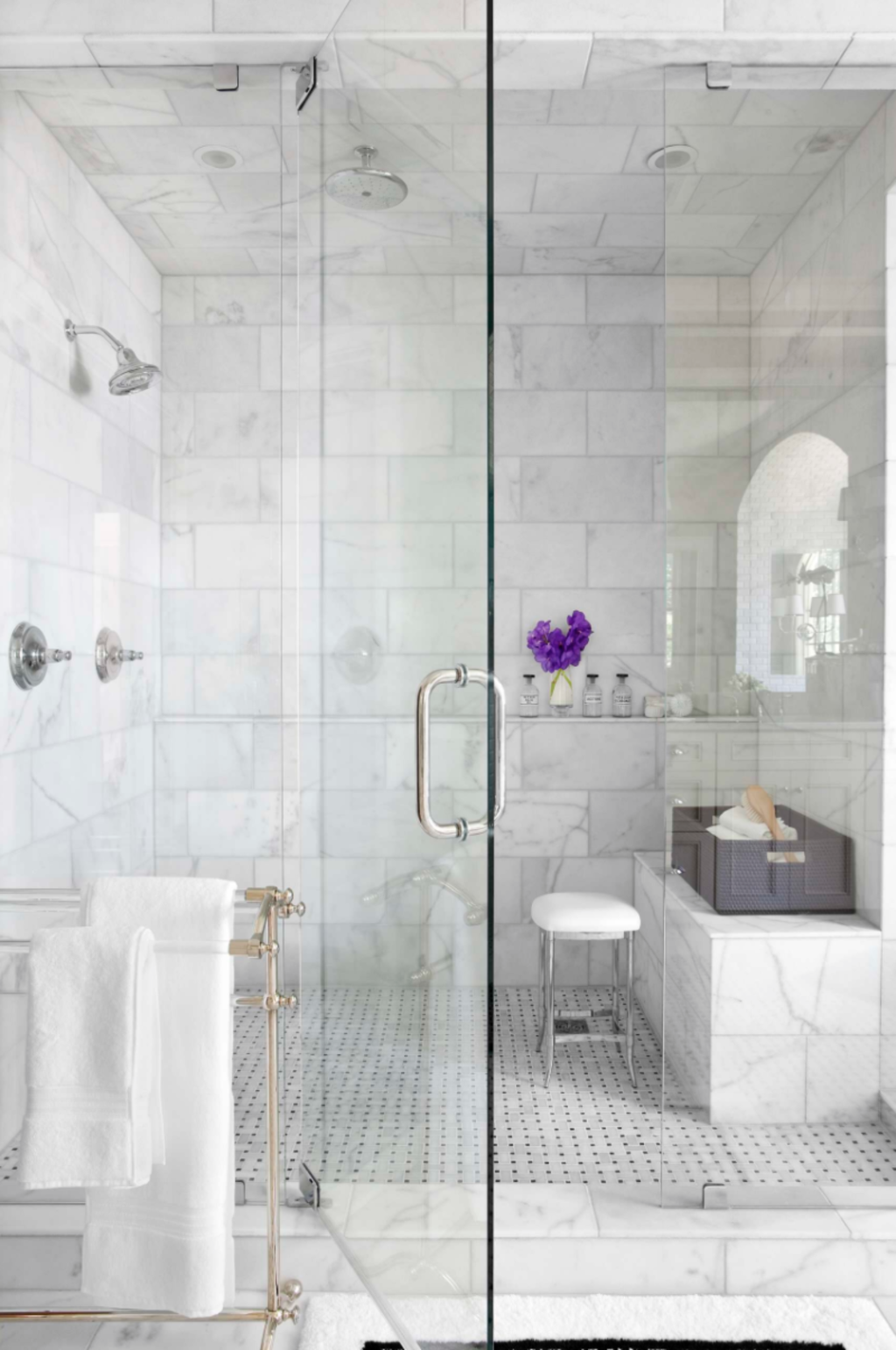

“Ensure there’s room to store bulky movable items, such as the ironing board and vacuum cleaner, too. “They’re great for accommodating laundry baskets and recycling boxes,” she says. Hoad recommends installing open cupboards. “Include an open shelf, and where possible add in space for two to three baskets for sorting laundry by color,” she says. Building custom cabinets up to the ceiling makes the most of vertical space, although remember that the storage right at the top is only really practical for infrequently used items.ĭorsch also cautions against overcrowding the room with storage, as this can make it feel oppressive. “We’ve seen many places where corners weren’t utilized.” It may need to move up or down in the house, depending on other needs and use of spaces, says interior designer Claudia Dorsch. Don’t make the mistake of thinking your utility room has to be on the bottom floor or next to the kitchen. “Add as much storage as you can and ensure that corner units are used fully,” Dorsch says. Not Being Flexible About the Room’s Location. It can be easy to miss opportunities to incorporate helpful storage of all kinds. “My rule of thumb in a modest house is to locate the utility room toward the middle of the home, where it’s darkest and it won’t impede the relationship between the living spaces and the garden,” she says.įind design and remodeling professionals on Houzz The truth is that finding the right employment requires certain skills and knowledge to avoid all the common. There are many mistakes that we make that either ruin opportunities for us or contribute to us landing a position that isnt suited, meaning we have to repeat the process all over again. This is usually straightforward if there’s a bathroom nearby.”Įva Byrne of houseology advises against using up valuable space and light next to a yard. Finding the right job is a very tricky business. “Perhaps a cupboard on the same floor with the washing machine and dryer in it would be better, if plumbing and drainage can be arranged. “For example, don’t put a utility on the ground floor if you plan to dry and iron everything on the top floor,” says Cat Hoad of Absolute Project Management. Be clear about how you want to use the space when it comes to deciding on its position. “It may need to move up or down in the house, depending on other needs and use of spaces,” says interior designer Claudia Dorsch. Not Being Flexible About the Room’s Locationĭon’t make the mistake of thinking your utility room has to be on the bottom floor or next to the kitchen. Think about rooms in your current home that you rarely use and make sure you aren’t simply replicating them in your new home.1. What qualities do you want each of the rooms on your list to have? This may include access to natural light at certain times of the day, or feelings of spaciousness, comfort, warmth, serenity or cleanliness, for example.

Look back at your storage list and make sure you include the storage requirements for each room. decisions and why only actions can bring you the life you want. What furniture will you want to put in the spaces you are going to design? Include any built-in storage you think you may need.

What specific activities will normally happen in this space (for a kitchen, this may be eating or socializing in addition to cooking)?.Next, look at each of the rooms on your list in turn, using a separate page or document for each, and consider the following questions:


 0 kommentar(er)
0 kommentar(er)
